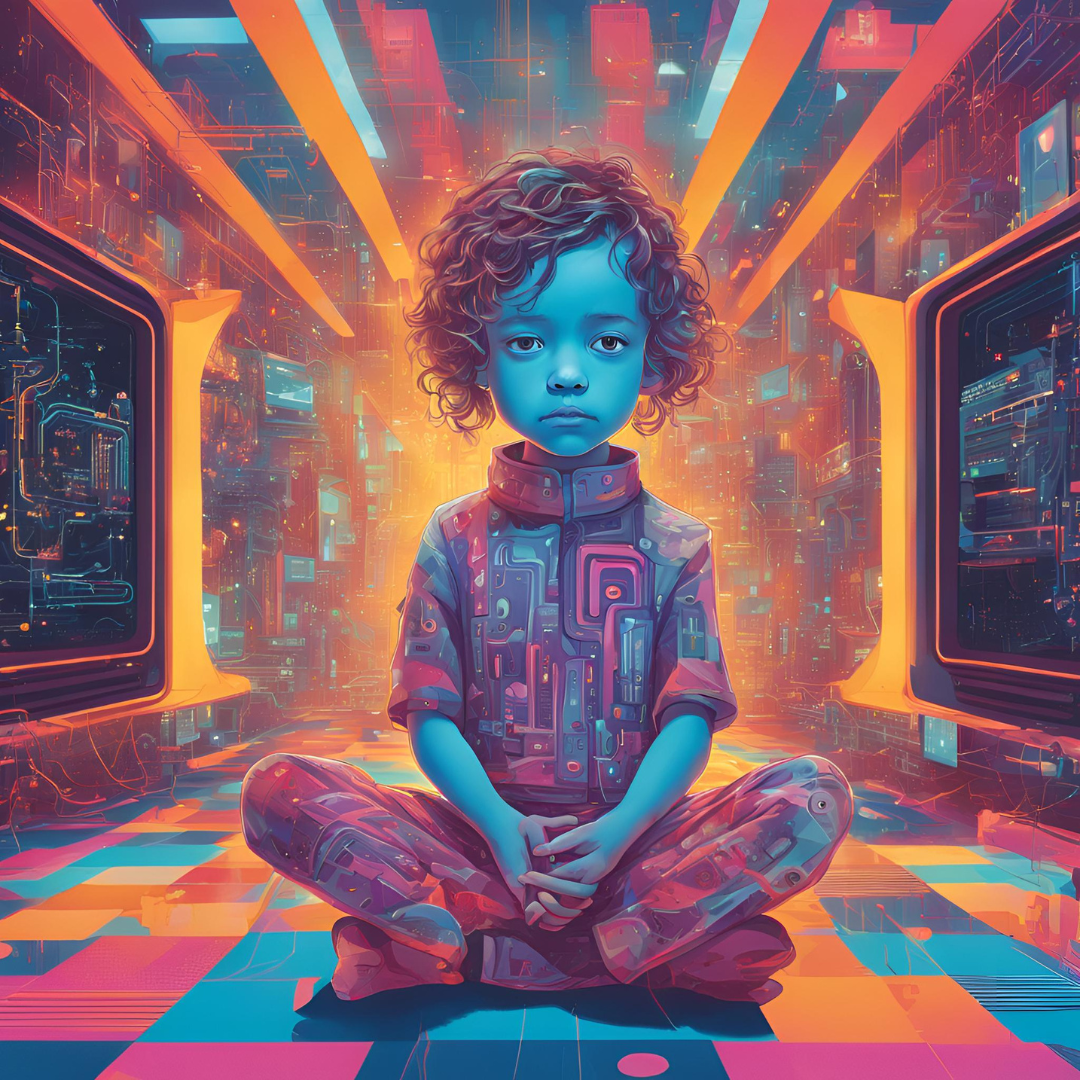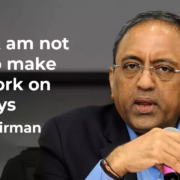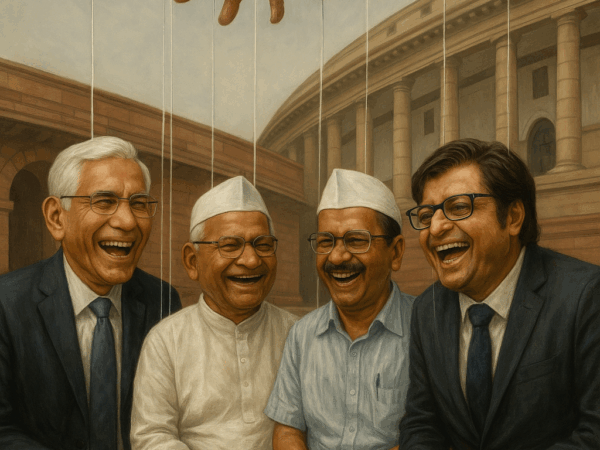
Every weekday, after dropping my partner and her daughter to school,
I have a ritual.
A 35-minute phone conversation with a dear friend.
The car’s Bluetooth becomes a portal.
For philosophy, religion, history, relationships.
Art, design, politics, media, leadership, technology, and more.
Eclectic subjects.
That become intellectual fodder for the day.
This morning’s topic?
My recent boo-boo.
(I had made a post about Neo killing Trinity by going at light speed and arriving late; later redacted with apologies)
About near-light speeds and time dilation.
Made worse by ChatGPT hallucinating.
And throwing out bad science.
Here’s what happened.
I wrote a 1,000-word article. Struggled to shorten it.
Asked ChatGPT: “Shorten this to LinkedIn length.”
It did. Flawlessly, I thought.
Later, when faced with a massive pushback
By people who know better,
I asked it, “Does the science in this post hold up?”
It doubled down.
Backed my flawed assumptions,
With even worse science.
I pressed harder.
“Could this be wrong? Explain.”
“Consider the flaws. Point them out.”
“This is wrong. Explain.”
Each time, it insisted everything was accurate.
The science was right. I was wrong.
Meanwhile, a physicist friend dismissed it.
“Not even wrong.”
Wolfgang Pauli’s brutal phrase.
Mocking. Cutting. Apt.
“What you said is not even nonsense.”
Confused, I asked another friend to run it past his ChatGPT instance.
He copy-pasted my post and asked for a fact-check.
This time, the AI tore it apart.
Pointed out flaws. Explained the bad science.
So, what happened?
Here’s my theory.
AI doesn’t just regurgitate what you say.
It applies its ‘mind.’
But when you ask it to edit or summarise,
It internalises your argument.
As if it’s its own.
And then dies on that hill.
Our biggest mistake?
We treat AI as perfect.
A machine.
And machines don’t make mistakes, right?
Wrong.
AI is not perfect.
It’s a highly intelligent, well-read, but obstinate child.
It knows everything about humans.
But understands nothing.
Especially about humanity.
How should we use it?
Treat AI’s answers as opinions, not facts.
Expert opinions. Well-informed, but prone to error.
Question everything. Verify everything.
AI is made in our image.
Flawed. Brilliant. Stubborn. Curious.
All at the same time. Like us.
Indeed, it is more human than we credit it.
It’s not a bug.
It’s a feature.
Or maybe, both.



















